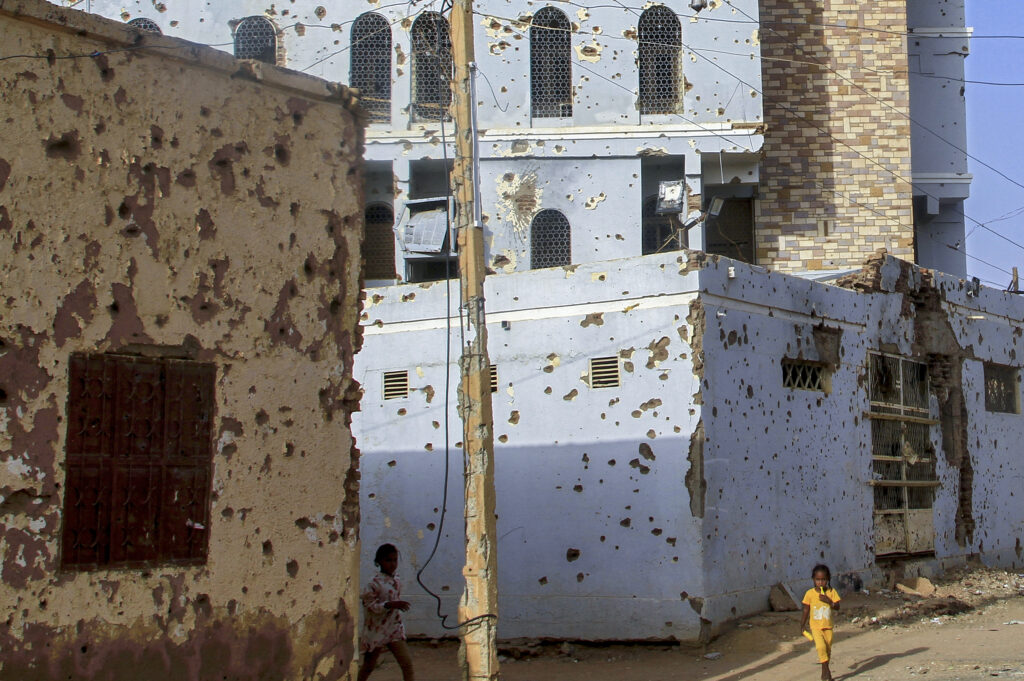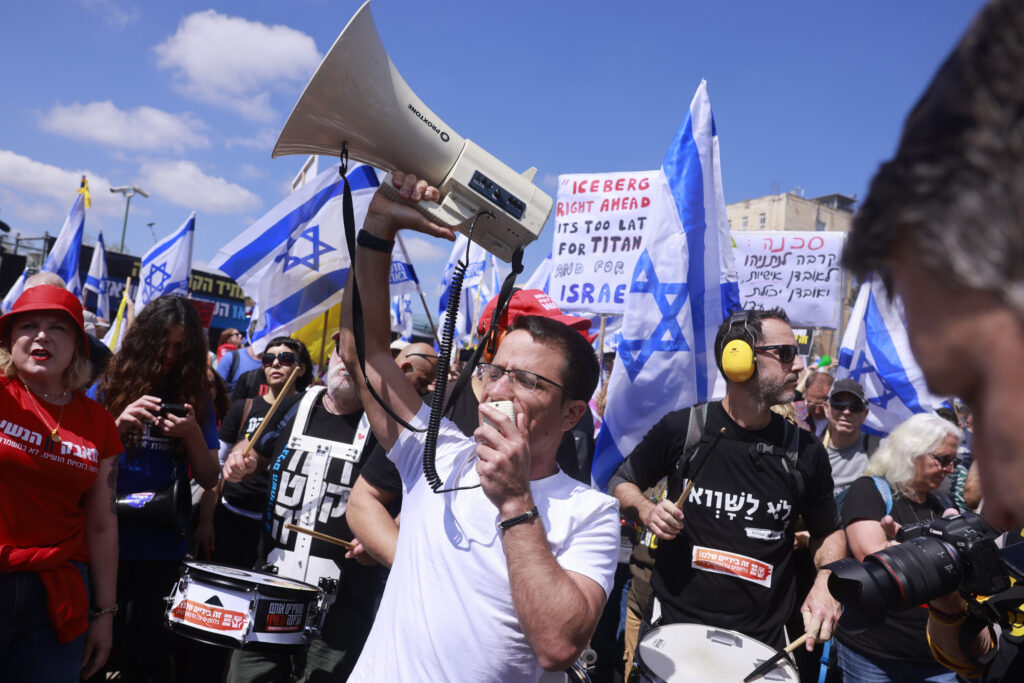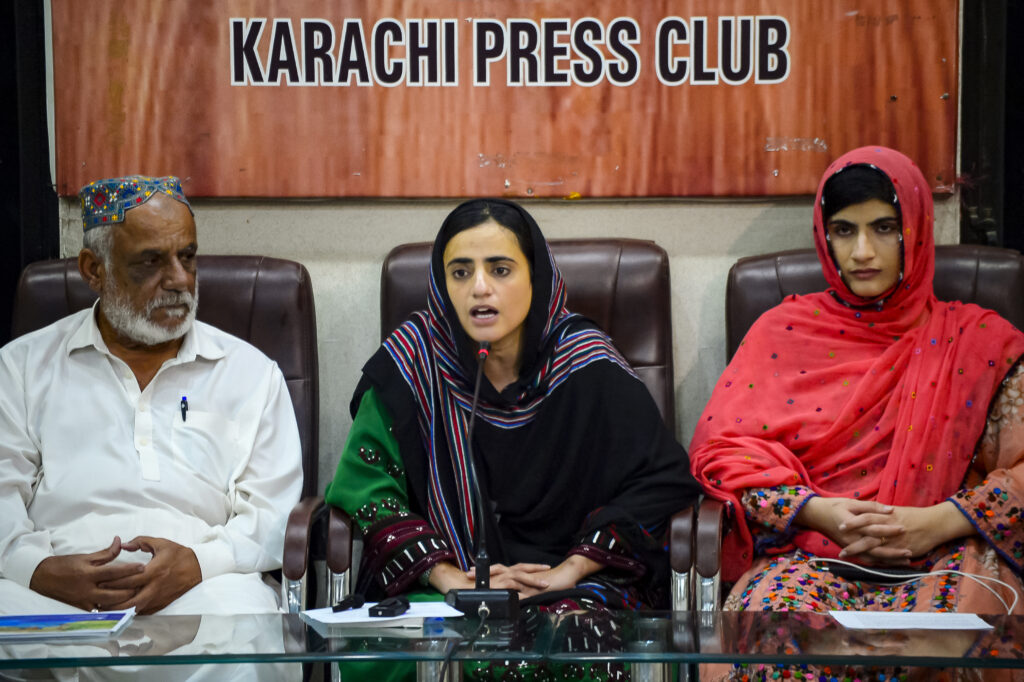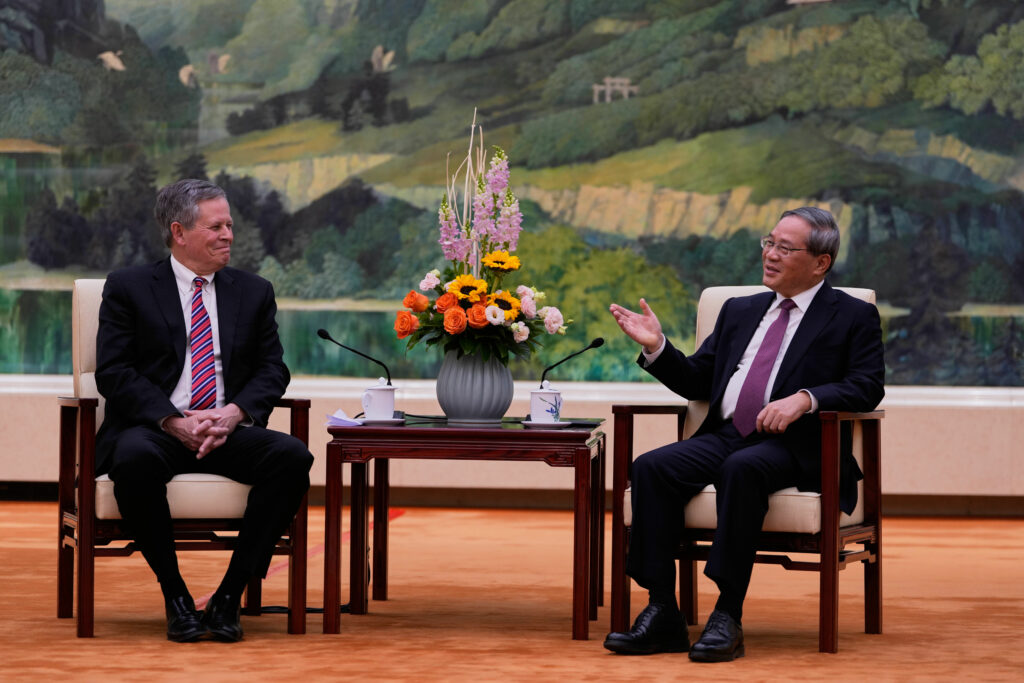Paramilitary shelling kills 3 in Omdurman after Sudan army gains
Three civilians were killed Sunday in an artillery attack by paramilitaries on Omdurman, part of Greater Khartoum, a medical source told AFP, two days after the army recaptured the capital’s presidential palace in a major symbolic victory.Eyewitnesses in the area said the bombardments by the Rapid Support Forces were some of the heaviest in recent months.Since April 2023, the RSF has been fighting Sudan’s regular army in a war that has killed tens of thousands, uprooted over 12 million and created the world’s largest hunger and displacement crises.Analysts have warned that the army’s gains, while significant, are unlikely to end the fighting, as the paramilitary claimed territory in remote areas of the country and attacked a famine-hit displacement camp in the western Darfur region.Since it began, the war has been marked by mass atrocities against civilians, including bombs and artillery routinely hitting homes, markets and displacement camps.”Before, there used to be four or five rounds of shelling, and there was time between one strike and the next,” one resident of Omdurman told AFP, requesting anonymity for fear of retaliation.”This morning there were seven, one right after the other,” he said.The medical source at Al-Nao hospital, one of the city’s last functioning health facilities, said “two children and a woman were killed and eight others injured in the shelling”.- Clearing operation -In recent days, the army and allied armed groups have regained most of Khartoum proper’s government district, just across the Nile from Omdurman.RSF fighters remain stationed in parts of the city centre including the airport, as well as the capital’s south and west.From their positions in western Omdurman, they have regularly launched strikes on civilian areas.In February, over 50 people were killed in a single RSF artillery attack on a busy Omdurman market.After a year and a half of humiliating army defeats, the tide seemed to turn late last year, when a military counteroffensive through central Sudan dislodged the RSF from key bases.Since January, the army has retaken much of the capital Khartoum, with the army and allied armed groups on Friday seizing the country’s presidential palace.The paramilitary force responded with what it called a “lightning operation” including a drone strike that killed three journalists and a number of army personnel.The military has since launched a clearing operation to push the RSF out of the city centre, on Saturday retaking several strategic state institutions including the central bank, state intelligence headquarters and the national museum.An RSF source on Saturday told AFP the paramilitary had “withdrawn from some locations” but that forces were waging “a fierce battle” near the airport.The army has also seized key infrastructure, pushing on Saturday through Tuti Bridge to reclaim Tuti Island, which sits at the confluence of the Blue and White Niles in the centre of Greater Khartoum and has been under paramilitary control for nearly two years.- Attacks nationwide -Despite the army’s advances in the capital, Sudan remains effectively split in two, with the army holding the east and north while the RSF controls nearly all of the western region of Darfur and parts of the south.It has been unable to seize the North Darfur state capital El-Fasher — crucial to consolidating its hold on the vast western region — despite a 10-month siege.RSF shelling on the famine-hit displacement camp of Abu Shouk killed two civilians and injured three others, the local activists’ committee in El-Fasher said on Sunday.The day before, the El-Fasher resistance committee said at least 45 civilians were killed when the paramilitary seized the small town of Al-Malha, around 200 kilometres northeast of El-Fasher.Al-Malha is one of the northernmost towns in the vast desert region between Sudan and Libya, where the RSF’s critical resupply lines have come under increasing attack in recent months by army-allied armed groups.On Sunday, the paramilitary also claimed control of Lagawa, a town in Sudan’s southern West Kordofan state, some 600 kilometres (370 miles) southwest of Khartoum.Eyewitnesses in the town told AFP that RSF fighters had set up checkpoints on the streets.




